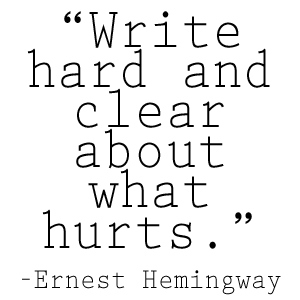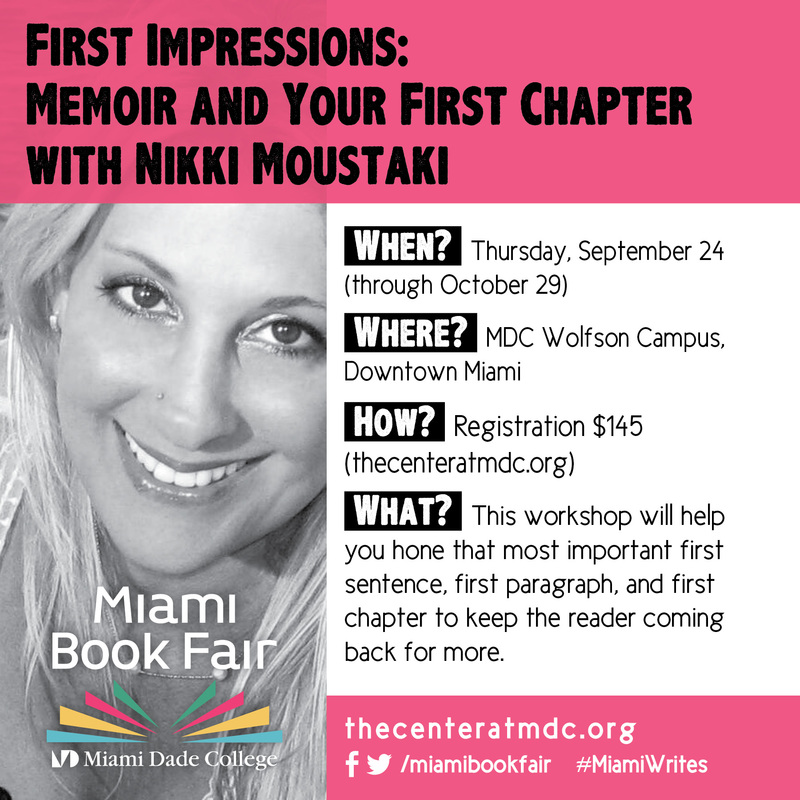Read through the story with a pencil and highlighter handy. Mark the places you like and why you like them; mark the places that you feel need work, and note why. Be an active reader. You will learn a lot by critiquing stories—and it's fun! If you're taking a memoir class, write the answers to these questions on a separate sheet of paper or on the back of the piece.
1. What's the piece about? List the basic plot events.
2. What is the story’s tense and is it consistent? Do you feel that the tense suits the piece?
3. What do you know about the main character? Is it enough? List relevant character details. What else would you like to know about the character? Why?
4. Does the author make the character, plot, and setting details work? Do you feel you need more or less or any of these? Is the story light on setting but heavy on character? How could he/she do better?
5. Are all of the details in the story relevant? Why or why not? List some details you feel work and some missing details you’d like to see included.
6. Does the dialogue seem stilted or natural? Are the characters talking heads, or are they performing actions as they speak? Where can the author do better?
7. Does this author take any risks? What are they? Do they work?
8. What is the approximate ratio between scene and exposition? Is the story happening or is the narrator telling it to us? Are we made to use all of our senses?
9. Does the main character change (or have an epiphany or a moment of clarity) in the end? What does he/she learn? What does the reader learn from reading the story? If this is a first chapter, not a self contained piece, then do you want to keep reading?
10. What do you like about the story? What is the author doing well?
11. Please give the author any other helpful suggestions.
1. What's the piece about? List the basic plot events.
2. What is the story’s tense and is it consistent? Do you feel that the tense suits the piece?
3. What do you know about the main character? Is it enough? List relevant character details. What else would you like to know about the character? Why?
4. Does the author make the character, plot, and setting details work? Do you feel you need more or less or any of these? Is the story light on setting but heavy on character? How could he/she do better?
5. Are all of the details in the story relevant? Why or why not? List some details you feel work and some missing details you’d like to see included.
6. Does the dialogue seem stilted or natural? Are the characters talking heads, or are they performing actions as they speak? Where can the author do better?
7. Does this author take any risks? What are they? Do they work?
8. What is the approximate ratio between scene and exposition? Is the story happening or is the narrator telling it to us? Are we made to use all of our senses?
9. Does the main character change (or have an epiphany or a moment of clarity) in the end? What does he/she learn? What does the reader learn from reading the story? If this is a first chapter, not a self contained piece, then do you want to keep reading?
10. What do you like about the story? What is the author doing well?
11. Please give the author any other helpful suggestions.


 RSS Feed
RSS Feed